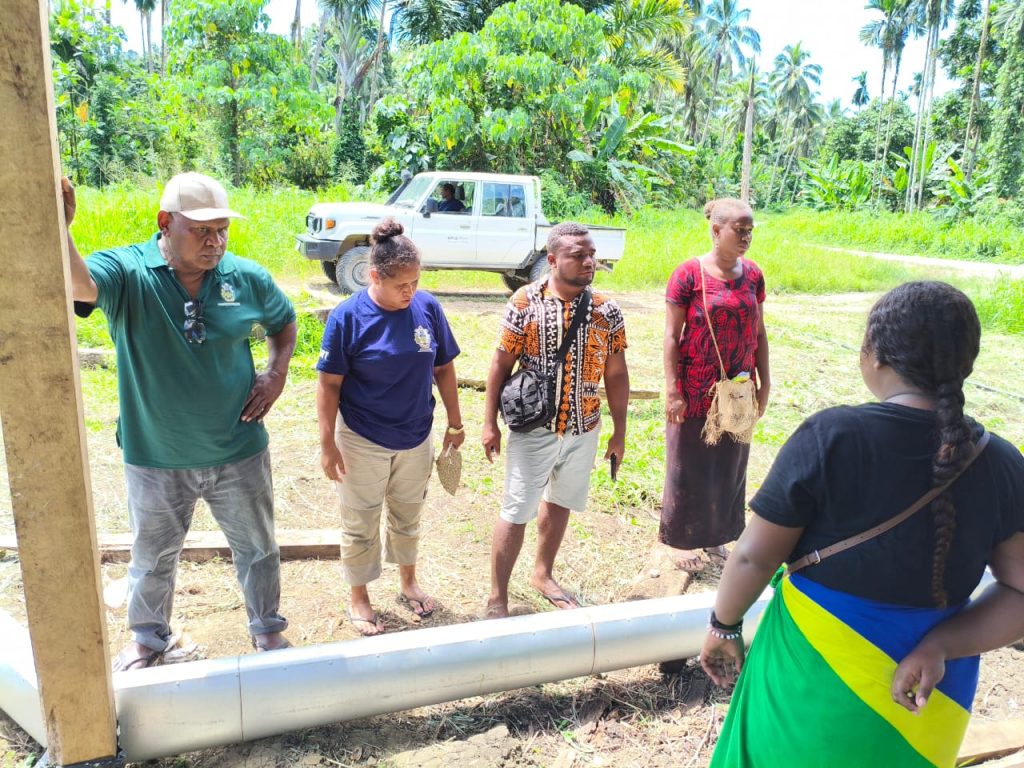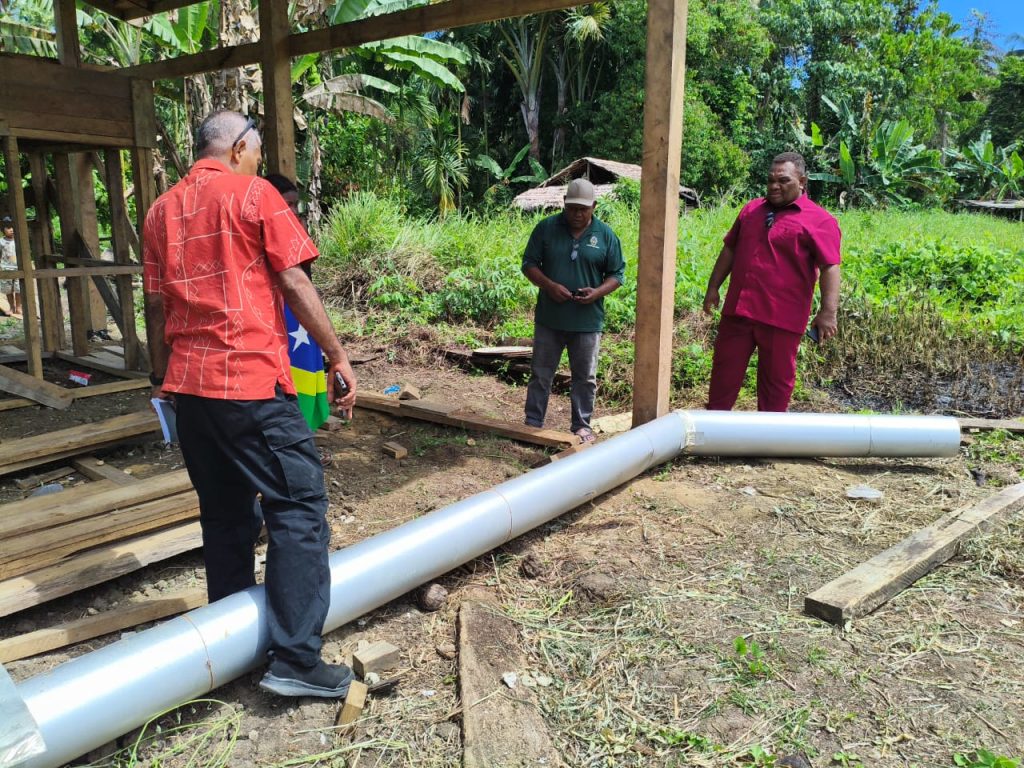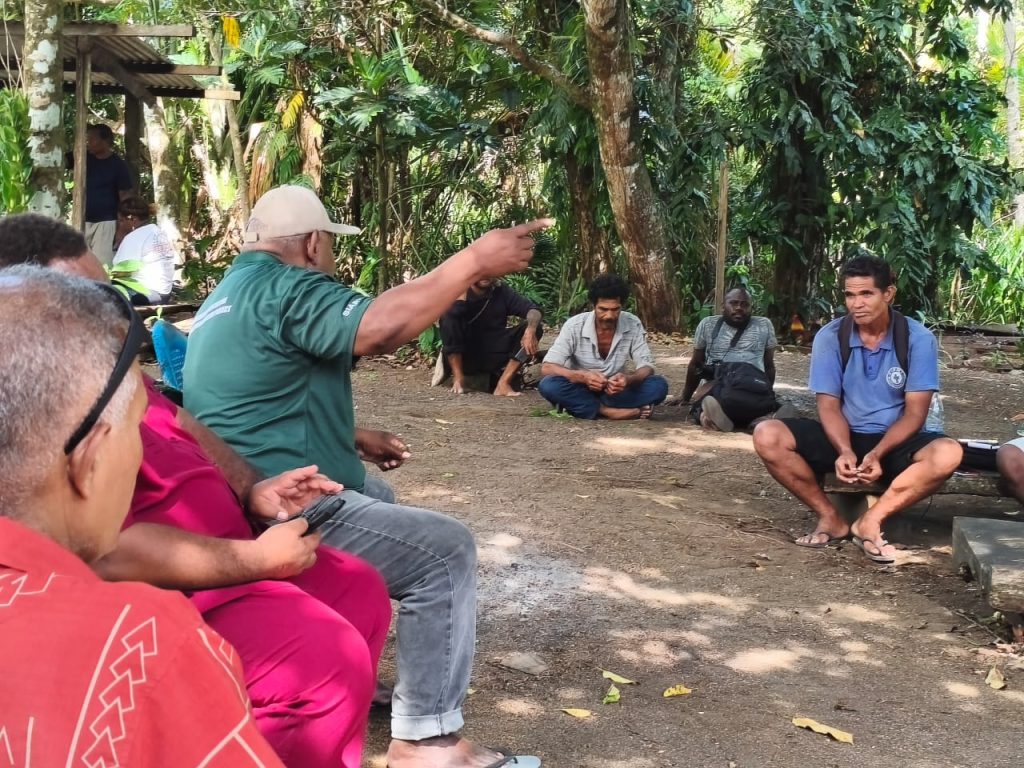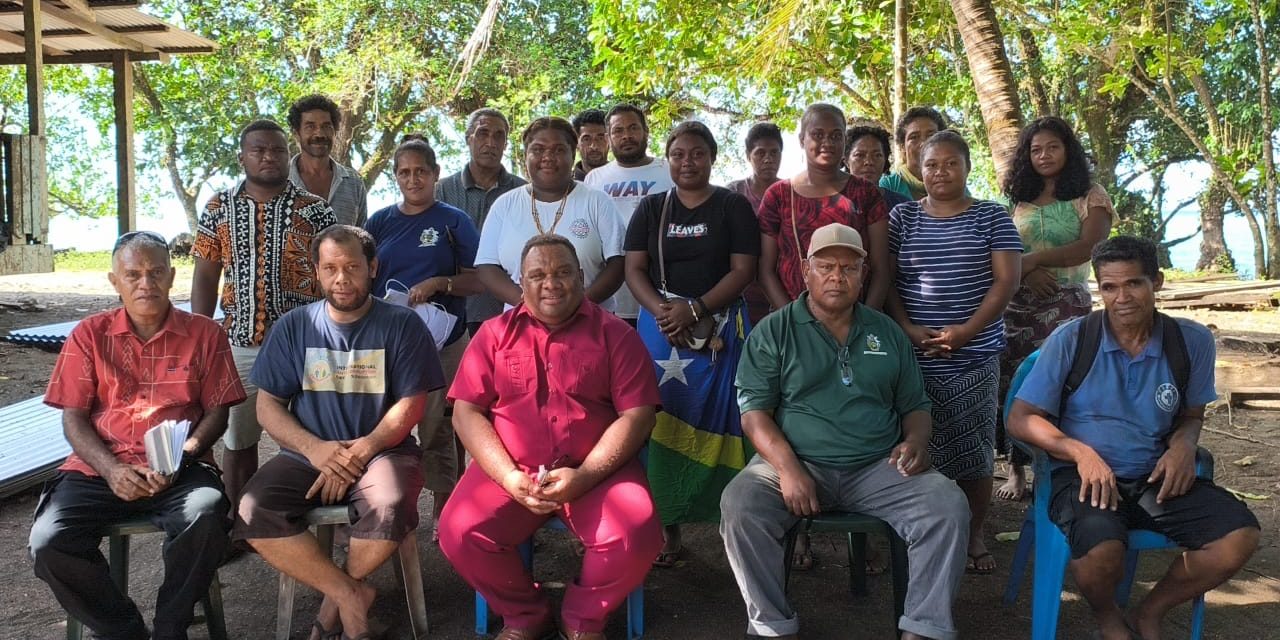The SIART Project, under the Ministry of Agriculture and Livestock (MAL) and supported by the World Bank, continues to strengthen its agricultural programs across the Makira Province with a focus on empowering Agribusiness Producer Organizations (ABPOs) and rural farmers.
During last week’s meeting with the PACRA Government of Makira Province, Mr. William Okekini, SIART Project Manager, outlined the progress and future plans of the project.
In Ugi Island, root crops and copra are currently the main commodities produced, while the West Wainoni Council of Women manages a piggery program.
Across Makira Province, the project is largely centered on copra and cocoa, with 19 ABPO projects currently active. Guadalcanal Province has 32 ABPO projects, while Malaita Province has 43 ABPO projects already approved and running on the ground.
Altogether, the SIART Project has reached 94 active projects, the maximum number that can be supported under the current funding allocation.
Mr. Okekini emphasized that no further projects will be signed unless additional funding is provided. He explained that both the World Bank and the National Government through MAL are prioritizing ABPOs that meet formal requirements, including:
- Registration as legal entities
- A valid Tax Identification Number (TIN) from IRD
- An operational bank account
- A business license from the provincial government
“Unlike before, when associations were viewed as voluntary groups, ABPOs must now meet these formal criteria before being approved by the Ministry,” Mr. Okekini said.

He highlighted that ABPOs are expected to operate with strong executive committees that not only manage their enterprises but also create employment opportunities. In Makira, this has largely been in copra and cocoa projects.
On the infrastructure front, the Minister of Agriculture has confirmed that new residential housing for staff and a new agricultural office are in the awarding process.
These developments are expected to commence by the end of September or early October.
The SIART Project has also engaged nine Young Professionals (YPs) in Makira Province, funded by SIART, and stationed within ABPOs. These YPs support project implementation, provide technical advice, and build their professional capacity by working directly with rural communities.
“The idea is to give young graduates practical exposure and, in time, create opportunities for full-time employment within MAL,” Mr. Okekini explained.
Training programs on cocoa and copra production are ongoing, with SIART also producing educational materials, including short training videos on cocoa grafting, nursery management, and pig and poultry production, for distribution to farmers.
In livestock development, the project is planning a pig breeding program, with high-quality breeding stock to be imported, most likely from Fiji. The program will begin at the former Taiwanese farm before the improved breeds are distributed to provinces.
MAL livestock officers are also conducting animal health awareness, disease surveillance, and advisory visits to pig and poultry farmers, including training on slaughtering practices, treatments, and hygiene standards.

The livestock communities of Ulawa and Ugi will be the last to be visited under this phase.
The Ministerial tour began on Tuesday 2nd September in Kirakira, with a site visit to the proposed MAL/SIART-funded agricultural office, followed on Wednesday by the official handover of a new tractor to Waimapuru National Secondary School.
That same day, the delegation visited the Vaimatesa Cocoa Project and Nukukaisi Agribusiness Network with their ABPO Young Professionals.
On Thursday, the team continued to Ugi Island, Ward 4, before concluding the tour on Friday with a meeting with MAL and SIART officers, followed by visits to the newly built Kirakira Wharf and the proposed agriculture storage shed site that will support local farmers.
The SIART Project remains committed to strengthening agriculture through ABPOs, empowering young professionals, and investing in infrastructure to ensure long-term sustainability and improved livelihoods for rural communities.
By George Maelagi
Solomon Star, Honiara










